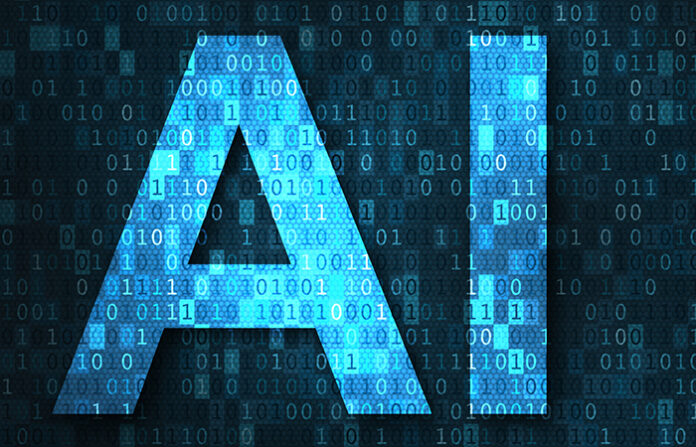Based on early uses, artificial intelligence tools like ChatGPT look to have a serious upside for HR, especially in the search for talent. Even so, according to experts, HR leaders need to be careful when dipping their collective toes into the ChatGPT waters.
According to Sultan Saidov, president and co-founder of Beamery, a London-based AI-powered talent platform provider, AI-enabled tools like ChatGPT can help HR move faster, reduce mundane tasks, focus on skills, decrease bias and more along the recruiting journey.
For instance, his company’s new TalentGPT platform aims to revolutionize talent management by simplifying how recruiters find talent and how candidates match their skill sets to their jobs.
Related: The ‘enormous possibilities’ for ChatGPT
When AI is ‘not as helpful’ in recruiting
Among the uses in recruiting, he says, AI-based tools can calibrate role descriptions to the skills an organization needs and to their job architecture, personalize upskilling and reskilling recommendations, help match the most qualified internal and external candidates to a role, and offer personalization throughout the candidate communication process.
However, he warns, using AI in recruitment is not without risks.
“There are compliance considerations in uploading confidential or personal information or in using unaudited, opaque AI models for HR-related tasks,” he says. “Also, leveraging generalized LLMs [large-language models, such as ChatGPT] is inherently not as helpful as a purpose-built, bias-audited, explainable AI that leverages the organization’s own talent dataset and skill and job data.”
Related: ChatGPT—this time, those ‘revolutionary’ predictions are for real
Though ChatGPT technology can provide valuable matching insights, he says, there is a danger that the insights from this and similar tools can be biased and inaccurate. With new AI regulations coming into play, such as in New York City, HR needs to tread carefully, he says.
Learn from vendors about ChatGPT, AI
“This is why it’s paramount that businesses implement explainable and ethical AI measures into HR technology and talent management practices,” he says, noting that, to ensure its own AI technology is bias-free, for example, Beamery looked to an independent, third-party audit.
Related: Anticipating NYC’s anti-bias law, Beamery conducts an internal AI audit
Apart from exploring compliance, HR leaders considering utilizing an AI tool like ChatGPT in recruiting need to think about how to “engage strategically” with the technology, and exploring the vendors that can help.
Importantly, Saidov says, they need to orient around the business objectives they are looking to achieve with AI. From there, evaluate purpose-built enterprise-grade AI tools and understand how the tech derives its recommendations and suggestions. It’s also important, he adds, to involve a range of stakeholders inside an organization, such as IT, compliance, security and even end users throughout the evaluation process.
See also: Loving ChatGPT for HR? Early adopters should move with caution



